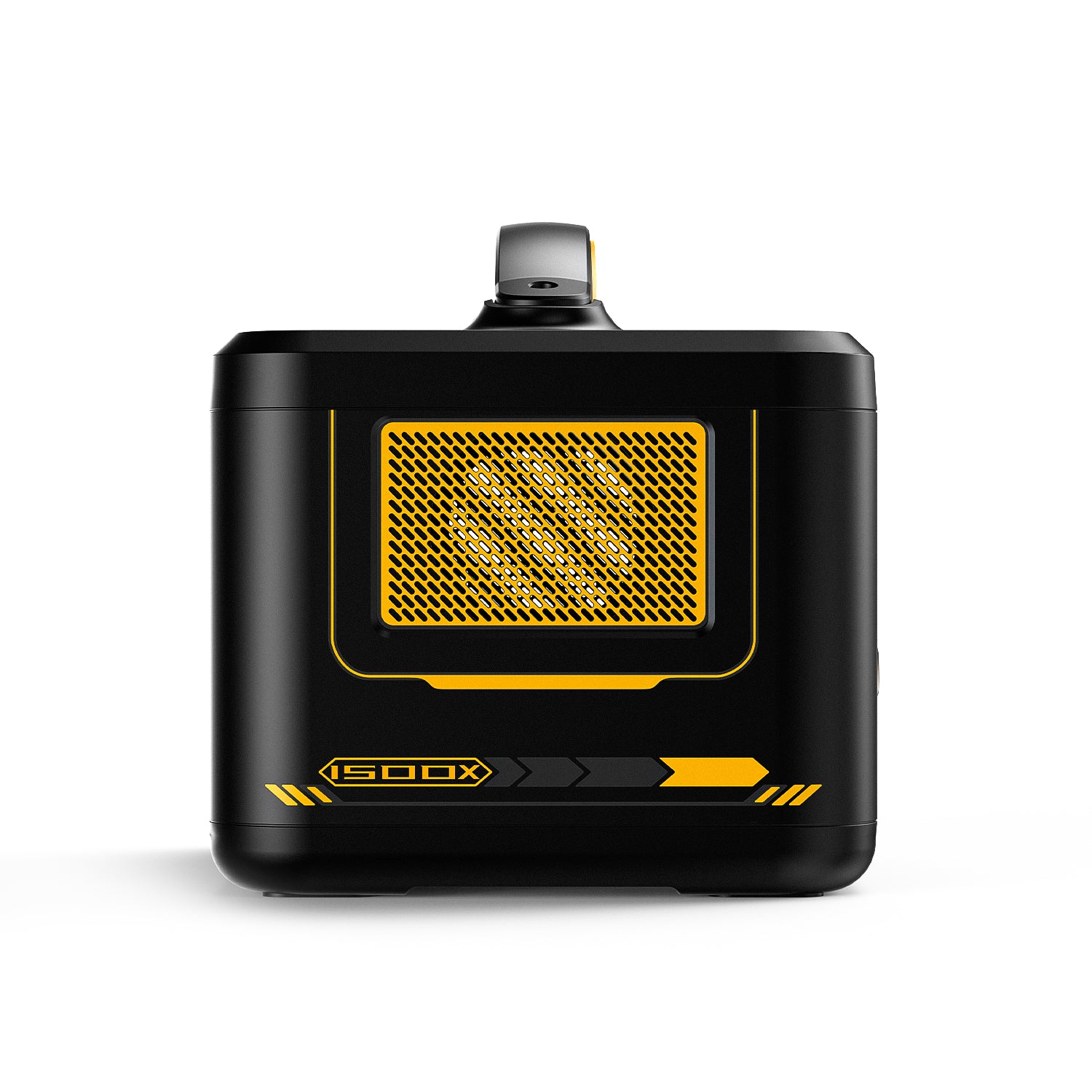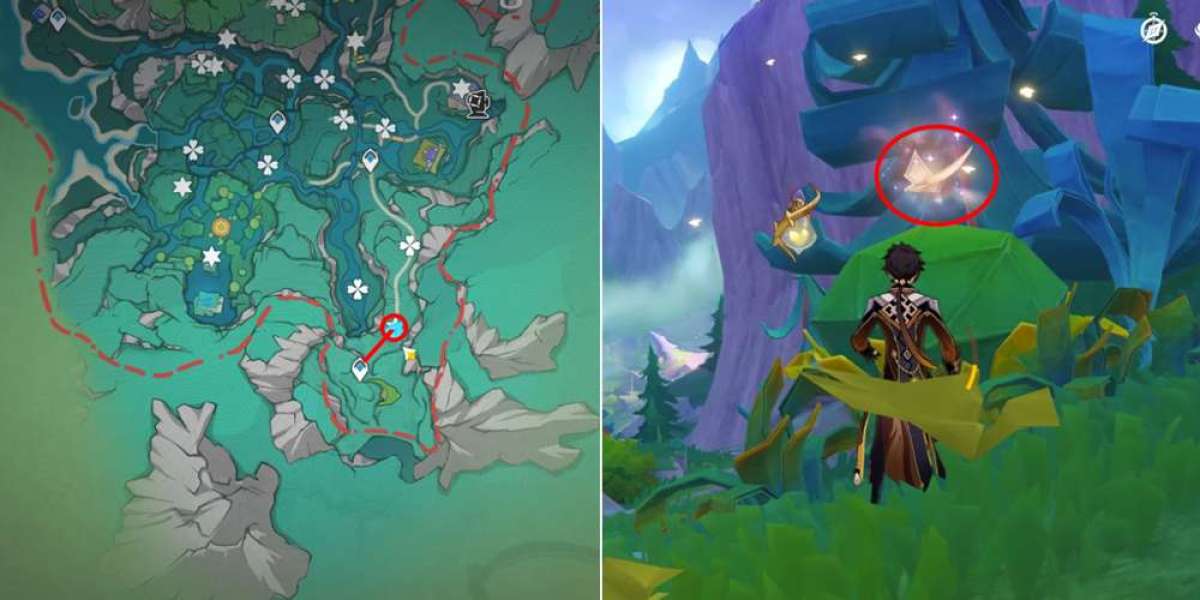When it comes to camping, having a reliable source of power is essential. Whether you need to charge your devices, power your cooking appliances, or run your camping lights, a camping generator can provide the electricity you need. However, with so many options available in the market, choosing the right camping generator for your needs can be a daunting task. In this article, we will guide you through the process of selecting the perfect camping generator that suits your requirements.

Understanding Your Power Needs
Before diving into the world of camping generators, it is crucial to assess your power needs. Consider the appliances and devices you plan to use during your camping trip. Make a list of their power requirements in terms of watts. This will help you determine the wattage capacity you need in a camping generator. Remember to account for the starting wattage, which is usually higher than the running wattage for certain appliances.
For example, if you plan to use a small refrigerator that requires 600 watts to run and 1200 watts to start, along with a few LED lights that require 50 watts each, you would need a camping generator with a minimum capacity of 800 watts (600 watts for the refrigerator and 200 watts for the lights).
Consider the Fuel Type
Another important factor to consider when choosing a camping generator is the fuel type. The most common options include gasoline, propane, and diesel. Each fuel type has its own advantages and disadvantages.
Gasoline generators are widely available and generally more affordable. They are also easy to refuel. However, gasoline has a shorter shelf life compared to propane and diesel, which means you may need to stabilize the fuel or rotate it more frequently.
Propane generators are cleaner burning and have a longer shelf life. Propane is also readily available in camping stores and can be stored in portable tanks. However, propane generators tend to be more expensive upfront.
Diesel generators are known for their fuel efficiency and durability. They can run for longer periods of time and are often more reliable. However, diesel generators are usually larger and heavier, making them less portable for camping trips.
Noise Level and Portability
When camping, it's important to consider the noise level of your generator. Loud generators can disturb the peace and tranquility of the camping experience, as well as annoy fellow campers. Look for generators that are specifically designed for camping and have noise reduction features.
Additionally, portability is a key factor to consider. You want a camping generator that is lightweight and easy to transport. Look for generators with built-in handles or wheels for convenient movement.
Budget and Warranty
Lastly, consider your budget and the warranty offered by the manufacturer. Camping generators come in a wide range of prices, so it's important to set a budget and stick to it. However, keep in mind that cheaper generators may not always be the most reliable or durable.
Check the warranty provided by the manufacturer to ensure you are protected against any defects or malfunctions. A longer warranty period is generally a good indication of the manufacturer's confidence in their product.
By considering your power needs, fuel type, noise level, portability, budget, and warranty, you can make an informed decision when choosing the right camping generator for your needs. Remember to prioritize safety and always follow the manufacturer's instructions for proper usage and maintenance.







